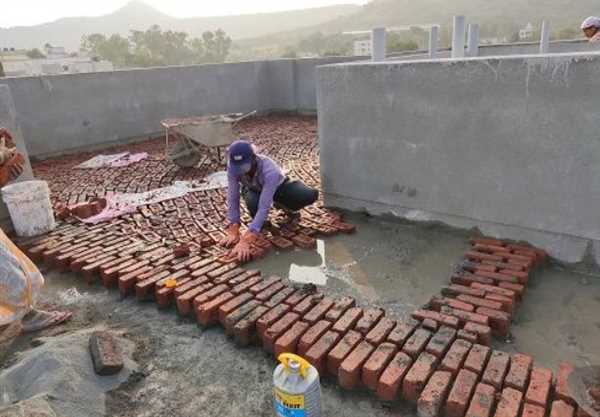Waterproofing treatments are essential for protecting structures and homes from moisture and water damage, and one of the most common waterproofing materials used is Polyethylene film. Polyethylene film is a thin plastic sheet that is used to create a waterproof barrier between the structure and the water. When properly installed, Polyethylene film can provide excellent protection from water damage, but it is important to take certain precautions when laying this film in order to ensure that it is properly installed and functioning optimally.
- When laying the polyethylene film, you should always make sure to wear protective gear such as safety glasses, a dust mask, and gloves. This is especially important if you are using a power tool or other construction equipment. It’s also important to make sure the surface you are laying the film on is clean and dry. Any dirt or debris on the surface can create weaknesses in the film, allowing water to leak through.

- You should also make sure that the film is laid properly. It should be laid in a single layer and in a uniform manner, with the overlapping sections being secured with an adhesive. Make sure that the film is laid flat, with no gaps or air pockets, and that the edges are sealed with a sealant.
- You should also make sure to check the film regularly. Make sure there are no signs of damage, such as tears or cracks, and that the film is not lifting or shifting. Also check to make sure that the adhesives are still holding, and that the film is still securely attached to the surface.
- Finally, make sure to check the temperature of the surface you are laying the film on. If it is too cold, the film can become brittle and crack. If it is too hot, the film can become weak and sag. Make sure to keep the temperature of the surface within the recommended range to ensure that the film is laid properly.
Waterproofing treatments are an essential part of any construction project and the use of polyethylene film is one of the most popular and cost-effective solutions. But it is important to take the necessary precautions to ensure the film is laid properly. By following these steps, you can make sure that the job is done right and the surface is watertight.